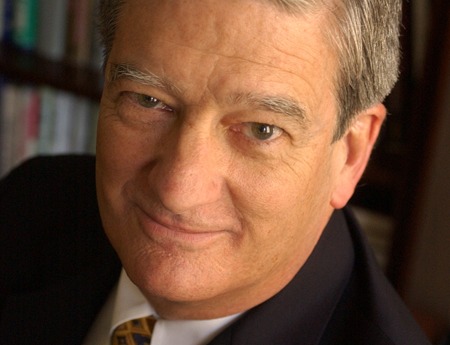FCC Faces Slate Of Auction Issues

The smarter way to stay on top of broadcasting and cable industry. Sign up below
You are now subscribed
Your newsletter sign-up was successful
On July 16, the FCC will be taking some big steps toward finalizing the rules of the road for the multibillion-dollar broadcast incentive auction, including bidding rules and how much spectrum will be available to the top wireless companies. But the commission is still wrestling with a few important issues currently on the table.
One is the 39-month hard date for TV stations moving to new channels after the auction, which commercial broadcasters represented by the National Association of Broadcasters have been particularly concerned about. The other is the FCC’s decision not to reserve a channel for noncommercial broadcasters in each market after the repack of stations post-auction. That later decision had noncommercial broadcasters seeing red and contemplating a lawsuit against the auction.
The FCC was expected to hold to its plan to give broadcasters 39 months after the auction to move, after which the broadcasters would have to stop airing on their own channel. That was one of the petitions to reconsider filed by the major affiliate associations. But the commission punted on that petition when denying essentially all of the other challenges to its framework. That leaves broadcasters with some hope the FCC will reconsider its plan.
Not all broadcasters were rooting for a rethink, however. The Expanding Opportunities for Broadcasters Coalition believes the FCC should stick with the plan, and has argued that any outliers can be handled with a waiver. But EOBC executive director Preston Padden told B&C that the FCC has initiated a conversation between carriers and broadcasters and that “anything they agree on is fine with us.”
The FCC has denied a request by the noncommercial Big Three—PBS, CPB and the Association of Public Television Stations—to reserve a noncom channel in each market, although FCC chair Tom Wheeler has signaled he still recognizes the value of preserving noncom broadcasting.
One way the FCC could do that is through its still-unresolved inquiry into how to make the repack easier on low-power stations and translators that are not protected in the move.
The LPTV Spectrum Rights Coalition has suggested that the FCC could change its channel- sharing rules so that LPTV’s could lease themselves out as PBS affiliates, allowing for noncoms in each market while letting low-powers get some money out of an auction that is generally not allowing them to participate.
The smarter way to stay on top of broadcasting and cable industry. Sign up below
Also still to be decided—how the FCC will deal with potential interference issues (between TV stations and wireless operators, and from unlicensed devices) and competitive bidding rules for the forward auction.
EOBC WARNS OF $8B AUCTION CUT
The Expanding Opportunities for Broadcasters Coalition says that the FCC’s opening prices for TV stations in the incentive auction could plummet by more than $8 billion collectively unless the commission does something to adjust them.
In a filing with the FCC on July 2, the EOBC, which represents most of the one hundred TV stations interested in participating in the incentive auction, provided the price is right, said the FCC needs to make what it calls three “relatively minor” changes to the framework. The most important change regards the “anomaly” that it says, if left the same, will significantly alter opening prices to stations in the reverse auction.
The anomaly has to do with the FCC’s updated population data for TV stations (population is one factor in the FCC’s calculation of opening bid prices). The EOBC believes population is too big a factor, and says opening bid prices could drop by 2.3%, or $8.3 billion, due to the new calculations.
EOBC also wants the FCC to reduce the decrements in each round (the degree to which prices drop as the FCC seeks the lowest bidder) and adjust the auction pricing formula.
The FCC is planning to vote July 16 on its auction framework public notice, which will include its pricing formula for opening bids, decrements and much more.
In a blog post, EOBC executive director Preston Padden says the FCC staff is pondering the drop prompted by the new calculation and how to address it.
Broadcasters won’t get those highest prices since it is a reverse auction and that’s only the opening bid. But they can’t get any more, meaning a cut across the board lowers the bar for everyone.
Contributing editor John Eggerton has been an editor and/or writer on media regulation, legislation and policy for over four decades, including covering the FCC, FTC, Congress, the major media trade associations, and the federal courts. In addition to Multichannel News and Broadcasting + Cable, his work has appeared in Radio World, TV Technology, TV Fax, This Week in Consumer Electronics, Variety and the Encyclopedia Britannica.

